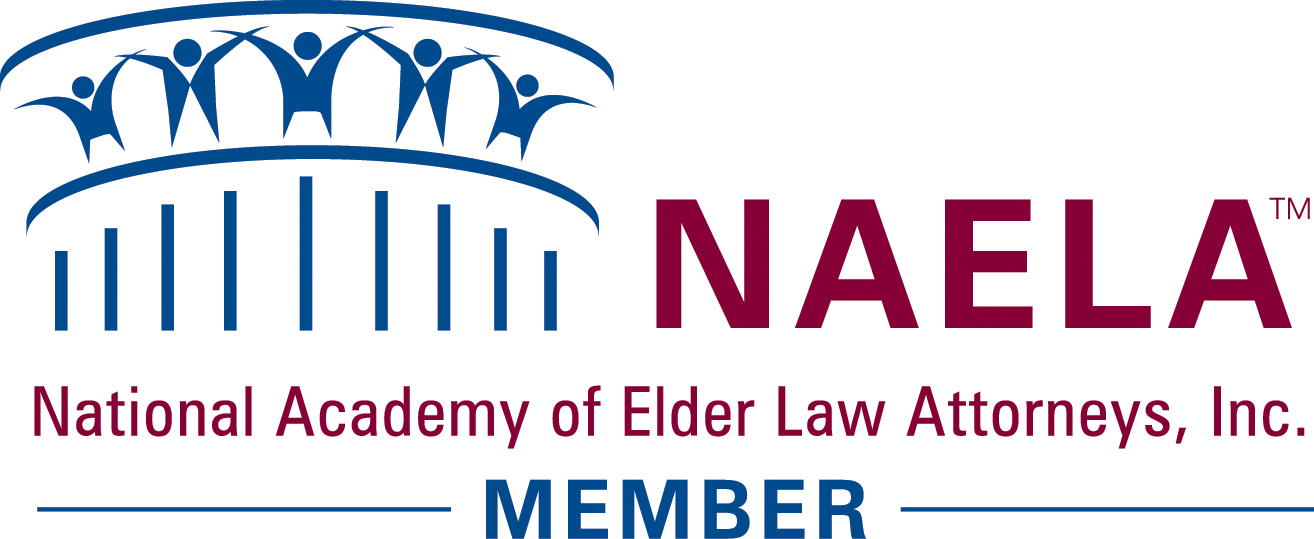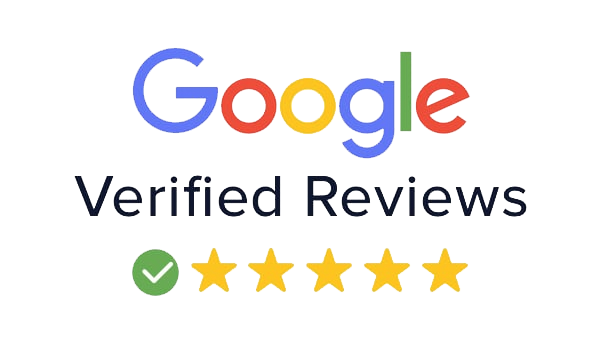Estate Planning
Why do people say that you need an “estate plan,” when it’s really your family (not your estate) that’s the most important thing in your life?
Wouldn’t it make more sense to do a total “Family Protection Plan” – a plan that protects you, your family and your assets?
At Haiman Hogue, we create customized estate plans based on your family structure, life plans, goals, values, principles and vision. There is no such thing as a “one-size fits all” estate plan. We will learn about what you want to accomplish and find the tools necessary to achieve your goals.

At Haiman Hogue, total family protection
is exactly what we do.
Your estate plan will determine how your estate will be passed on to your loved ones and can include living trusts, wills, powers of attorney and advanced healthcare directives.
Essential Estate Planning Tools
What you need for total family protection.
Last Will & Testament
If you don’t do a Will, the government has one in place for you. It’s the difference between what the government says will happen to your assets upon your death or what you want to happen to your assets upon your death. The primary purpose of your last will and testament is to distribute any property you own in the event of your death. It outlines what to do with your assets (money, home, cars, belongings, investments, valuables, etc.), whether you want to leave them to another person, a group, or donate them to charity. It also allows you to say what happens to other things you are responsible for, such as custody of dependents (minor children or adults for whom you are the legal guardian).
Revocable Living Trust
Not just for the wealthy anymore. This allows you to transfer your assets into a structure that holds legal title of your assets during your life but allows you to use them as you wish and then securely transfer them upon your death. While you are alive and well, you have complete control of the trust, so you can modify, amend, restate, or terminate it whenever you want. A properly drafted and funded trust will avoid probate upon your death and can even avoid guardianship during your life if you or your spouse become totally incapacitated. That’s because a trust never gets sick and never dies. It can also provide tax protections and asset protections, if needed. It is a very important part of a great “Family & Money Protection Plan.”
Power of Attorney
This allows you to appoint a person whom you trust to manage your financial affairs (pay bills, collect paychecks, manage bank accounts, manage investments, deal with Social Security, handle business matters, etc.) if you become incapacitated or unable to handle your own estate planning.
Medical Power of Attorney
This allows you to appoint a person whom you trust to make healthcare and medical treatment decisions on your behalf if you are unable to make these decisions because of physical or mental impairment. This might include medications, tests, nourishment and hydration, as well as decisions regarding surgery, doctors, hospitals and rehabilitation facilities.
Directive to Physicians
Also known as the Advance Medical Directive or Living Will. This allows you to instruct your physician not to use artificial methods to extend the natural process of dying. It describes the treatments you would want if you were terminally ill or permanently unconscious. It could be medical treatments that will help you live longer. You can use an advance directive form to tell your doctor that you don’t want to be resuscitated.
HIPAA Authorization Form
The Health Insurance Portability and Accountability Act of 1996 (HIPAA) was put in place to help ensure the privacy and ease of access of your medical records. This form allows you to designate with whom healthcare providers may share your specific health information.
Declaration of Guardian in Case of Future Incapacitation
This allows you to tell the court whom you want to serve as your guardian if there is ever a guardianship proceeding for you. A guardianship proceeding might become necessary if you become incapacitated to the point that you cannot take care of yourself or your financial affairs. It also lets you to tell the court whom you don’t want your guardian to be – allowing you to disqualify family troublemakers or people who are unable to serve.
Appointment of Agent to Control the Disposition of Remains
This allows you to appoint a person or persons whom you trust to carry out your cremation, burial and funeral wishes.
Anatomical Gift Form
This allows you to donate your organs and/or tissue after death for the purpose of transplantation, research, or other medical reasons. It also allows you to donate your entire body for medical or forensic studies and research. You can also designate whether or not you will allow an autopsy to be performed.
Educational Resources on Wills & Trusts
Should I Let The State Write My Will?
Death is not a favorite conversation topic. However, we all know it is something we must at some point discuss. The loss of a close friend or family member, or an event, such as the COVID-19 pandemic, seems to bring the topic to the forefront.
What Is a Testamentary Trust?
One component of your estate plan may be a testamentary trust, which is a legal document, usually created within a will, that becomes effective at your death.
Why Should I Think about My Death?
Talking about death makes most of us uncomfortable, so we don’t plan for it. That’s a big mistake, because if you don’t have an end-of-life plan, your state’s laws decide who gets everything you own. A doctor you’ve never met could decide how you spend your last moments, and your loved ones could be saddled with untangling an expensive legal mess after you die.
What Happens If I Don’t Fund My Trust?
If you have updated your estate plan during the Covid crisis and even found a way to sign your documents while maintaining social distance, do not overlook the last step of trust funding.
What Happens to Debt when You Die?
Creditors typically try to collect on unpaid debt, by going after the decedent’s estate during a process called probate.
What Basic Estate Planning Documents Do I Need?
At this stage of your life, preparing these must-have documents is one of the most profound acts of love that you can bestow. This paperwork can shield your family from needless heartache, hassle and expense.
Estate Planning Different for Business Owners and Top-Level Executives
Having an estate plan can ensure that fiduciaries are identified to oversee and distribute your assets in the way you would have wanted. As a business owner, your ownership assets in your estate may require a more sophisticated level of planning.
Why Everyone Needs an Estate Plan
If you think of estate planning as something only ultra-wealthy people need to do, you’re not alone. That’s a common misconception.
What are the Estate Planning Basics?
It’s never too early to start working on how your things will be handled, once you pass away.
Estate Planning and Probate Planning
Probate is the court process to distribute someone’s estate after their death, even if there is a will and is notoriously slow in California.
Memberships & Associations





How can we help you?
We know it’s important for you to find the right attorney when you’re worried about protecting your money and preserving your estate.
That’s why we offer a free phone consultation to help answer your questions and understand your options.




